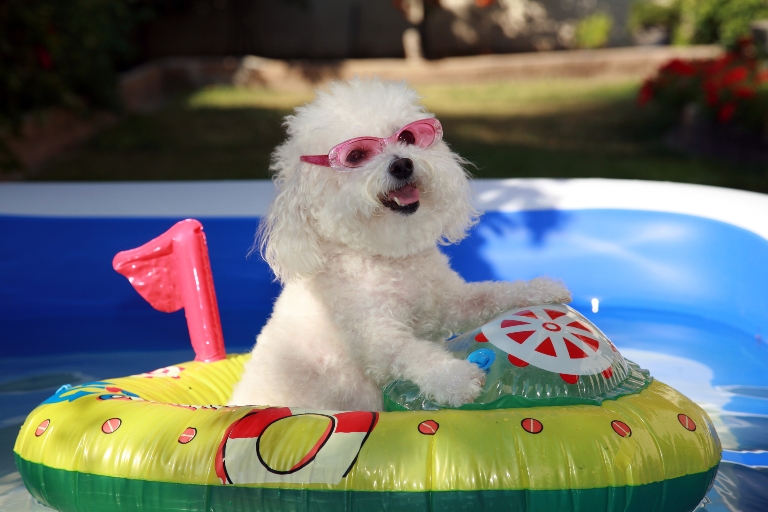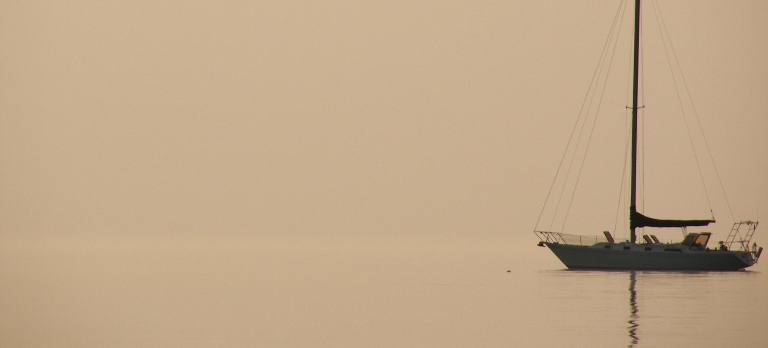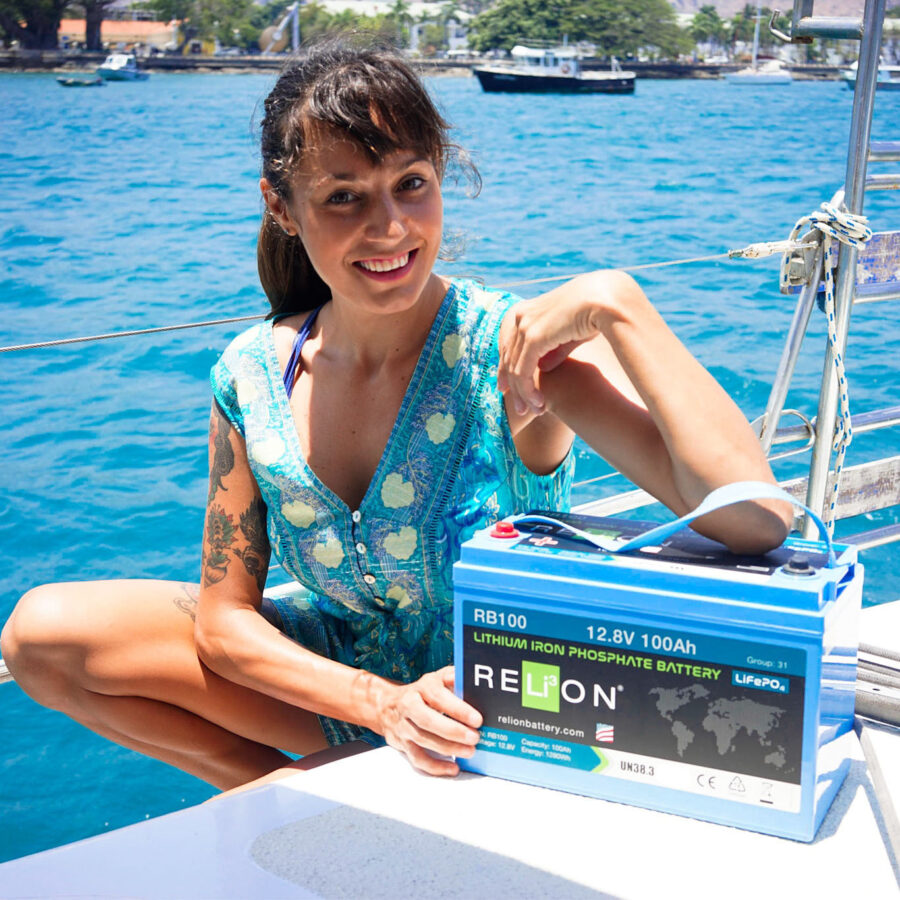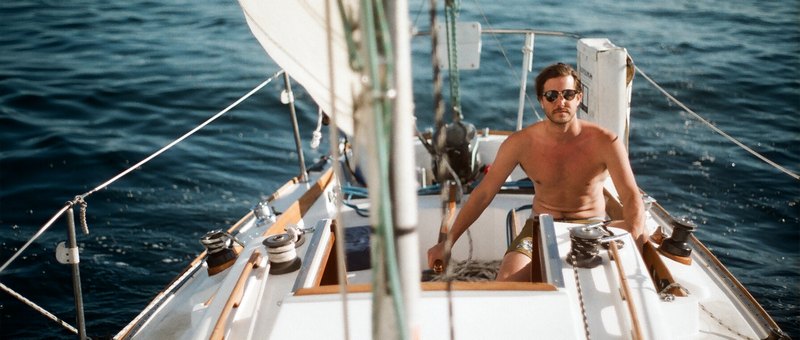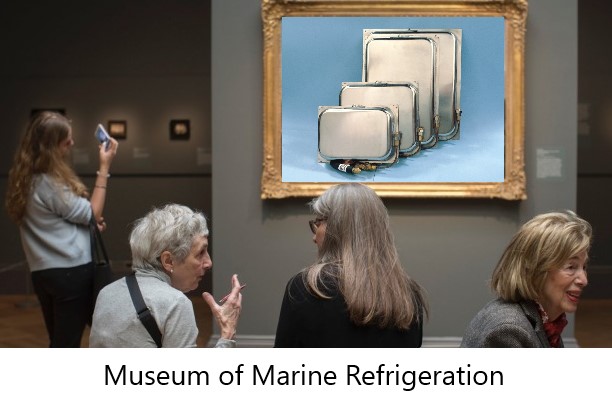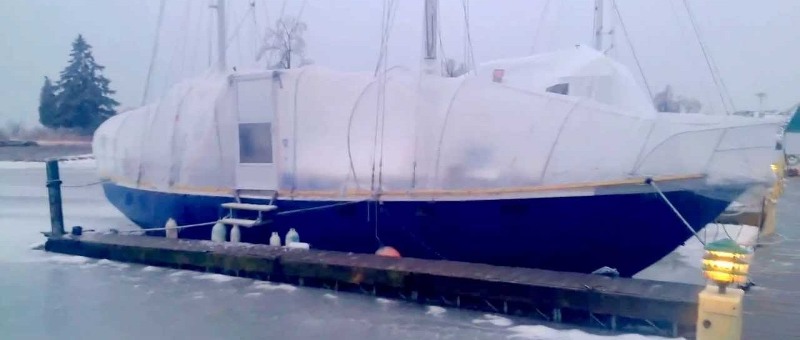
We occasionally get asked whether it is possible to run a reverse-cycle marine air conditioner (heat-pump) when the water surrounding the boat is at freezing temperatures. The answer to that is “yes, it is indeed possible”, but is it a sensible, safe, and reliable way to heat a boat in those conditions?
Most of these inquiries come from live-aboards up north, although we may well be hearing from some in Florida and other southern states in the days to come once this arctic blast hits down there also. We hear that many marinas are now stipulating that plug-in heaters are prohibited, citing insurance issues, including even the ceramic and oil-filled radiator types, which seems a little overly precautious to my mind.
For a really cozy cabin you could install a diesel-fired forced air or circulating water system, but these are expensive and complex installations that require strict adherence to the manufacturer’s instructions in order to prevent potential ventilation, exhaust, and noise issues. Then, they sit idle for half the year.
So, your vessel is sitting in freezing/frozen water and you want to use your reverse-cycle air conditioner to heat the boat. You won’t get that much heat out of it, but once it’s up and running and you have a warmish cabin, you should get around 30F higher air temperature at the air outlet than at the inlet. Just don’t stop it once it has started, as it will take forever for the system to start producing any useable heat again. A cold compressor will suck up all the heat being produced by the system for the first 15 to 30 minutes until that heavy hunk of metal has had a chance to heat up.
